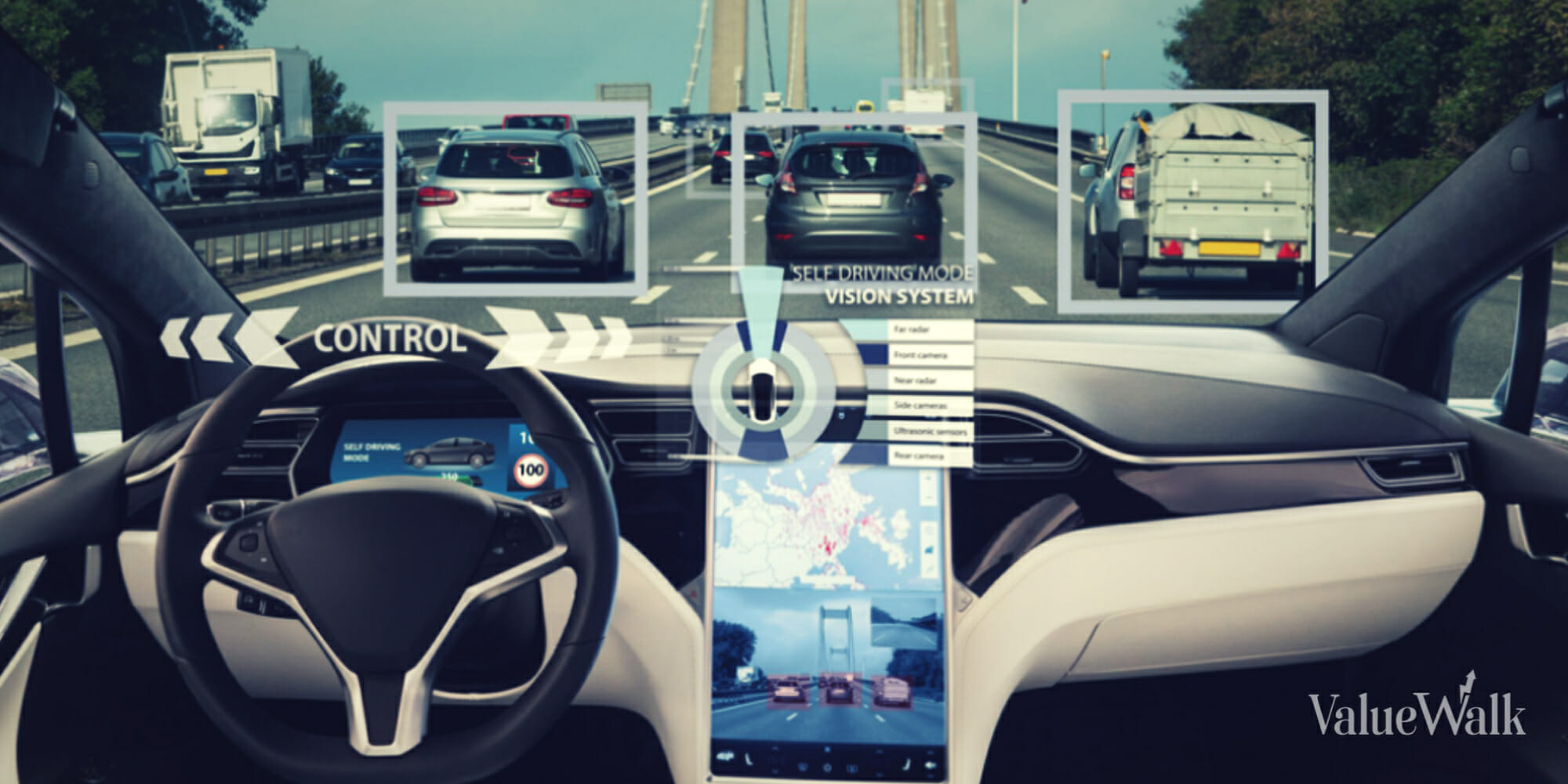- New survey sheds light on the public’s attitude towards self-driving cars and AI in the automotive industry, revealing that 70% of respondents feel uncomfortable riding in a self-driving car.
- Opinions on self-driving car safety are split, with 70% believing they are less safe than human-driven cars. Additionally, 80% of respondents express hacking as the primary concern for self-driving cars.
- Liability for accidents involving self-driving cars is yet confusing, with 55% of respondents uncertain about assigning who to blame.
To reveal people’s opinions on self-driving cars and artificial intelligence (AI), automotive industry experts at Rerev carried out a comprehensive survey in May 2023. 1000 drivers aged between 18 and 45 were asked 13 multiple-choice questions that cover topics such as comfort level with self-driving cars, willingness to purchase them, concern about job loss for drivers, trust in AI technology, and safety concerns related to self-driving cars.
Comfort Levels and Purchase Willingness:
According to the survey, a majority of respondents (70%) felt uncomfortable riding in a self-driving car. In contrast, only 5% felt very comfortable, while 25% were unsure about it.
The results also show that 60% of respondents said they are very unlikely to buy a self-driving car within the next five years. In contrast, only 3% responded with a strong likelihood of making such a purchase, while 12% were uncertain. These findings indicate a cautious attitude towards adopting self-driving technology in the near future.
Concerns about Job Loss:
The survey revealed that job security for drivers was a significant concern, with 55% of respondents expressing deep worry about the potential impact of self-driving cars. On the other hand, 40% claimed not to be concerned at all, while 5% were unsure about the issue.
Concerns about Safety:
Opinions on safety were diverse among respondents. A significant majority (70%) believed that self-driving cars would be less safe than human-driven ones. However, a small percentage (5%) thought they would be significantly safer, while 10% believed they would be slightly safer. Additionally, 5% expressed the view that both types would offer a similar level of safety.
Trust in AI Technology:
When asked if they think self-driving cars will eventually be safer than human-driven cars 30% of participants expressed complete trust, 40% expressed slight trust, and 30% reported a complete lack of trust.
Concerns about Hacking and Backup Drivers:
Hacking emerged as a major concern among respondents, with 80% expressing high levels of worry about the potential for self-driving cars to be hacked. 15% claimed not to be concerned at all, and 5% remained neutral on the issue.
Backup Drivers:
90% of respondents strongly believed that self-driving cars should always have a human backup driver available for emergencies to the question “Should self-driving cars be required to have a human backup driver in case of emergencies?”.
Only 3% of respondents suggested that backup drivers should be required solely during testing phases, while 2% believed that AI systems should handle emergencies independently. Another 5% expressed the opinion that the decision should be left to the discretion of car manufacturers or owners.
Potential Benefits and Drawbacks:
In terms of benefits, 40% cited increased fuel efficiency as the primary advantage. Reduced traffic congestion was mentioned by 30%, and only 30% believed in improved safety.
Concerning drawbacks, technical malfunctions emerged as the primary concern for 80% of respondents. Job loss for drivers and increased risks of hacking were mentioned by 10% each.
Liability and Open Source Technology:
The question “Who should be held liable for accidents caused by self-driving cars?” had diverse opinions: only 10% of respondents attributed liability to AI algorithms, while 20% held car manufacturers responsible.
Interestingly, 15% believed that human owners/operators should bear liability. However, the majority of respondents (55%) were unsure about assigning liability, indicating a need for clearer guidelines and legal frameworks to address this complex issue.
Open Source Technology:
Being asked if car manufacturers should be required to make their self-driving technology open source 40% percent agreed to this to promote transparency and collaboration. On the other hand, 30% argued against it, emphasizing the importance of protecting proprietary technology. The remaining 30% believed that the decision should be left to the discretion of the manufacturer.
Here are the summarized results:
|
Survey Question |
Percentage of Respondents |
|
Comfort level with riding in a self-driving car |
70% felt uncomfortable, 5% felt very comfortable, 25% were unsure |
|
Likelihood of purchasing a self-driving car within the next five years |
60% very unlikely, 3% strong likelihood, 12% unsure |
|
Concern about job loss for drivers |
55% deep worry, 40% not concerned at all, 5% unsure |
|
Opinion on safety of self-driving cars compared to human-driven cars |
70% less safe, 5% significantly safer, 10% slightly safer, 5% similar safety level |
|
Trust in AI technology for self-driving cars to be safer than human-driven cars |
30% complete trust, 40% slight trust, 30% complete lack of trust |
|
Concern about hacking of self-driving cars |
80% high level of worry, 15% not concerned at all, 5% neutral |
|
Opinion on requirement of a human backup driver in self-driving cars |
90% strongly believe in human backup driver, 3% backup drivers only during testing, 2% AI systems handle emergencies independently, 5% decision left to car manufacturers or owners |
|
Perceived benefits of self-driving cars |
40% increased fuel efficiency, 30% reduced traffic congestion, 30% improved safety |
|
Concerns regarding self-driving cars |
80% technical malfunctions, 10% job loss for drivers, 10% increased risks of hacking |
|
Opinion on liability for accidents caused by self-driving cars |
10% AI algorithms, 20% car manufacturers, 15% human owners/operators, 55% unsure |
|
Opinion on making self-driving technology open source |
40% agreed, 30% disagreed, 30% decision left to the manufacturer |





